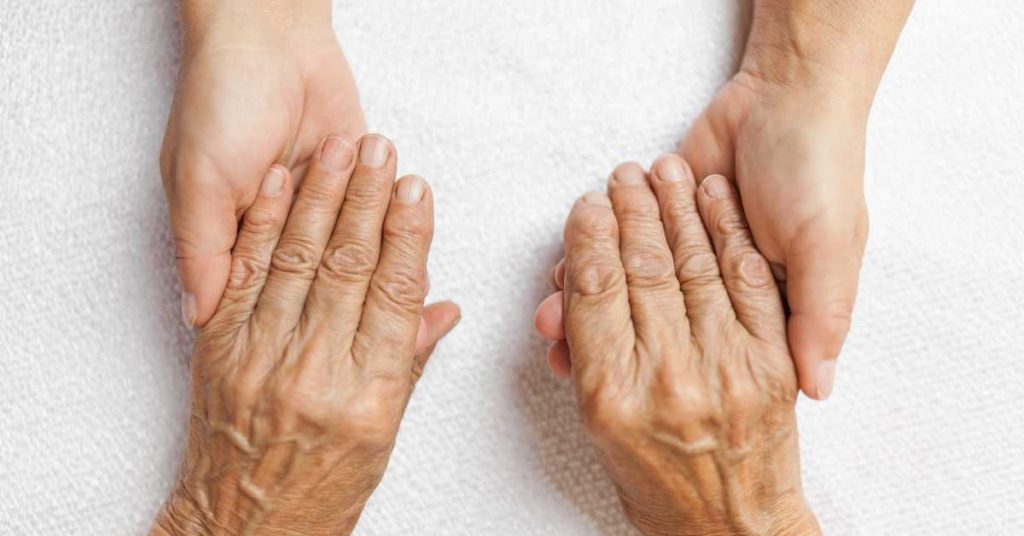Aging is a natural, continuous process that brings about various physical, mental, and emotional changes. Understanding the stages of aging can help caregivers provide more compassionate, effective, and personalized care. While aging is often associated with decline, it is also a time of growth, reflection, and wisdom. This guide will explore the different stages of aging, drawing on both traditional theories and contemporary insights to help caregivers better support their loved ones through each phase of life.
1. Early Adulthood to Midlife (Ages 18 to Mid-60s)
The first stage of aging spans from early adulthood into the mid-60s. During this time, individuals are typically focused on building careers, families, and a sense of identity. Physically, this period is characterized by peak health and vitality. However, as individuals approach their mid-40s to mid-60s, they may begin to notice subtle changes in their physical and cognitive abilities.
Caregiver Tips:
- Encourage Preventative Care: Promote regular health check-ups, exercise, and a balanced diet to help prevent the onset of chronic conditions.
- Support Emotional Well-being: Help your loved one maintain a healthy work-life balance, manage stress, and stay socially connected.
- Promote Lifelong Learning: Encourage the pursuit of hobbies, education, and activities that stimulate the mind and foster a sense of purpose.
2. Midlife Reevaluation (Mid-40s to Mid-60s)
As individuals enter midlife, they often begin to reflect on their achievements, goals, and the passage of time. This phase, which Gene Cohen refers to as “Midlife Reevaluation,” is marked by a search for deeper meaning and a reassessment of life’s priorities. Some may experience what is commonly known as a “midlife crisis,” while others may see it as an opportunity for growth and change.
Caregiver Tips:
- Facilitate Open Conversations: Encourage your loved one to express their thoughts and feelings about aging, life changes, and future goals.
- Support New Ventures: Whether it’s a career change, a new hobby, or travel, be supportive of their desire to explore new opportunities.
- Stay Positive: Reinforce the idea that this stage is a time of growth, not just a period of decline, and that it’s never too late to pursue new dreams.
3. Late Middle Age to Early Old Age (Late 50s to 70s)
This stage, often referred to as “Liberation,” is a time of experimentation and innovation. With retirement often on the horizon, individuals in this phase may experience a newfound sense of freedom. Physically, there may be noticeable changes such as reduced muscle mass, decreased bone density, and the onset of chronic health conditions. However, the brain remains highly active, and many people in this stage are eager to explore new interests and take calculated risks.
Caregiver Tips:
- Encourage Physical Activity: Regular exercise can help maintain strength, flexibility, and mental clarity.
- Support Healthy Aging: Help manage chronic conditions through proper medication, a healthy diet, and regular medical check-ups.
- Promote Social Engagement: Encourage participation in community activities, volunteering, or new hobbies that can bring joy and a sense of purpose.
4. Summing Up (Late 60s through 80s)
As individuals move into their late 60s and beyond, they often enter a phase of life that Cohen describes as “Summing Up.” This period is marked by reflection, resolution, and a desire to leave a legacy. Many people in this stage focus on reviewing their life, resolving past conflicts, and giving back to their community or family. This phase is also when cognitive and physical abilities may start to decline more noticeably.
Caregiver Tips:
- Encourage Reminiscing: Listen to their stories and help them document their life experiences, whether through writing, photo albums, or video recordings.
- Provide Emotional Support: Be there to help them work through any unresolved issues or regrets, offering comfort and understanding.
- Facilitate Volunteer Work: If they are able, help them find volunteer opportunities or other ways to contribute to society, which can provide a deep sense of fulfillment.
5. Final Phase, Encore (Late 70s until the End of Life)
The final phase of aging, known as the “Encore” phase, is a time of reflection and continued engagement with life, even as the end draws near. This stage may involve adapting to significant physical or cognitive challenges, but it also offers opportunities for creativity, social engagement, and the sharing of wisdom. The focus often shifts to ensuring comfort, dignity, and meaningful connections in the remaining years.
Caregiver Tips:
- Focus on Comfort and Quality of Life: Work with healthcare providers to manage pain and other symptoms, ensuring your loved one’s comfort.
- Promote Mental Stimulation: Encourage activities that keep the mind active, such as puzzles, reading, or gentle social interaction.
- Celebrate Life: Help them find joy in daily moments and ensure they feel valued and appreciated for their contributions throughout life.
Understanding the stages of aging is crucial for caregivers who want to provide compassionate, effective support for their loved ones. Each stage of aging brings its own challenges and opportunities, and by recognizing these phases, caregivers can tailor their care to meet the evolving needs of older adults. Aging is not just about decline; it is also a time of growth, reflection, and the continuation of a life well-lived. By embracing the journey through these stages, caregivers can help their loved ones age with dignity, purpose, and joy.



